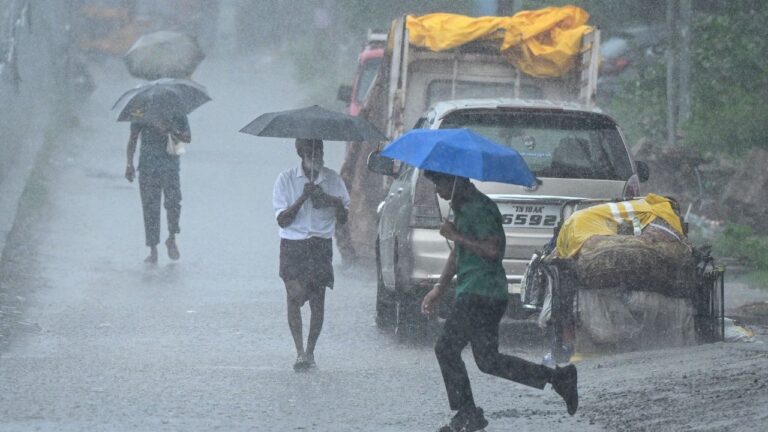
The UK Parliament has passed the controversial Safety of Rwanda Bill, which permits the deportation of asylum seekers to Rwanda, where their asylum claims will be processed. The bill, championed by Prime Minister Rishi Sunak, aims to curb what the government perceives as “illegal” migration, particularly by those crossing the English Channel by boat. Sunak emphasized the necessity of these measures to deter vulnerable migrants from making perilous journeys and to disrupt the criminal gangs that exploit them.
Safeguards for relocated asylum seekers
The bill was presented alongside the UK-Rwandan Asylum Partnership Treaty, which ensures several protections for those relocated, including five years of support, fair processing of asylum claims, and humanitarian protection. Sunak expressed gratitude to the Rwandan government for strengthening its asylum system.
Legal and humanitarian concerns
Despite the government’s assertions, the legislation has faced criticism from opposition leaders and human rights activists. The Human Rights Watch labeled it a “dark day in the United Kingdom,” while UN High Commissioner for Refugees Filippo Grandi accused the UK of attempting to shift its responsibility for refugee protection, thereby undermining international cooperation.
The Rwanda asylum policy, originally introduced two years ago, was previously ruled unconstitutional by the UK Supreme Court. The court cited concerns over violations of both domestic and international law, as well as the potential for ill-treatment and further deportations in Rwanda. Tuesday’s bill represents a new iteration of the legislation.
Iranian rapper sentenced to death for anti-establishment songs
Iranian rapper Toomaj Salehi has been sentenced to death for his involvement in the 2022 protests triggered by the death of Mahsa Amini, a 22-year-old woman who died in custody after being arrested for not wearing her hijab properly. Salehi, 33, was initially detained in 2021 for his anti-government music and has faced multiple arrests since. The court accused him of “corruption on Earth,” the most severe charge possible.
Amini’s death sparked widespread protests, during which people burned hijabs in defiance. The Iranian government responded with a harsh crackdown, leading to a significant increase in the country’s death penalty statistics. Salehi has 20 days to appeal the sentence, and his lawyer has argued that the court’s decision contradicts a previous ruling by the Iranian Supreme Court, which qualified Salehi’s case for amnesty.
Portugal acknowledges colonial past, hints at reparations
Portuguese President Rebelo de Sousa has acknowledged the country’s colonial history and suggested the need to take responsibility for its actions as a colonizer, hinting at the possibility of reparations. Speaking at a commemorative session, Sousa emphasized the importance of assuming responsibility for both the positive and negative aspects of Portugal’s colonial past.
The issue of reparations for colonialism has gained traction globally. In 2021, Germany apologized to Namibia and pledged funds for reconstruction projects, while the UK agreed to pay reparations to victims of its actions in Kenya. France also committed to returning stolen artifacts. However, concrete actions have been limited, prompting calls from the UN High Commissioner for human rights for governments to move from words to action on reparations.
South Korea considers paying couples to have children
South Korea is grappling with a declining birth rate and is exploring incentives to encourage childbirth. A survey is underway to gauge public opinion on offering 100 million won (INR 60 lakhs) to parents for each newborn baby, as part of a larger plan to spend 22 trillion won (over one trillion INR) to address the issue. The country’s birth rate hit a record low in 2023, attributed in part to the high cost of living.
The South Korean government already provides financial assistance for children up to the age of seven. Earlier this year, a construction firm offered its employees up to $75,000 (Rs 62 lakh) to have children, highlighting the severity of the demographic challenge facing the country.






